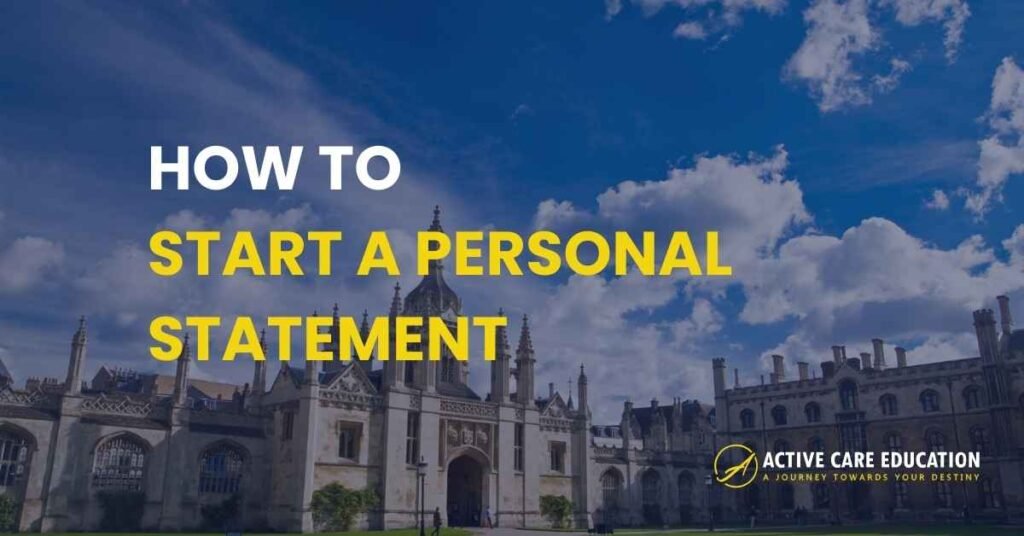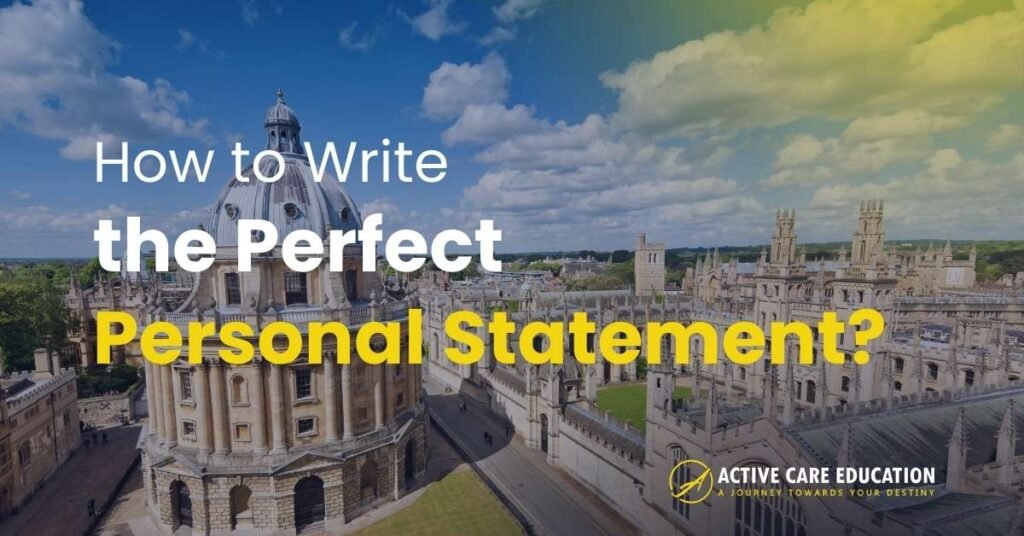How to prepare for university
That envelope (or email!) lands, and suddenly, university isn’t just a distant dream – it’s REAL. Exciting? Absolutely! A little bit terrifying? Totally normal. Knowing how to prepare for university can feel like staring up at a mountain. Where do you even begin? You might be wondering about grades, applications, making friends, or even just what to pack. Deep breath. You’ve got this. This guide is your friendly Sherpa, here to break down the climb into manageable, actionable steps. We’ll cover everything from academic prep way before you apply, to navigating finances, and even what to do in those first few bewildering (but awesome) weeks. Let’s turn that overwhelm into confidence! Laying the Academic Groundwork Success at university doesn’t just happen when you step onto campus. It starts now. The groundwork you lay in your school years is crucial for knowing how to prepare for university academically. Solidify Your Study Skills – Beyond Rote Learning Uni study is a different beast. It’s less about memorizing facts and more about critical thinking, independent research, and managing your own time. Start honing these skills: Choose Your A-Levels/Subjects Wisely The subjects you choose now directly impact the university courses you’ll be eligible for. Start Thinking About Your Course & Uni Early It’s never too early to daydream (productively!). Navigating the Application Maze Alright, application time is looming. This is where things get serious, but it’s also your chance to shine! Your Personal Statement: Tell Your Unique Story This isn’t just a list of achievements. It’s your narrative. Why this course? Why you? (Self-promotional internal link idea: “Need more help? Check out our deep-dive article: [How to Write a Killer University Personal Statement]”) References and Mastering Deadlines What If You Don’t Get Your First Choice? It happens. Don’t panic! Many countries have systems like “Clearing” in the UK, where unallocated university places are matched with students. Have backup plans and research them. It’s all part of being prepared. Financial Fitness for Uni Life Let’s talk money. Understanding university finances is a massive part of how to prepare for university and avoid future stress. Understanding Tuition Fees & Student Loans Budgeting for Living Costs – Beyond Pot Noodles! Uni life involves rent, food, books, transport, socialising… it adds up! Expense Category Estimated Weekly Cost (£/$/€) Notes Rent (average) 120 – 200 Varies hugely by city & accommodation type Groceries 30 – 50 Learn a few basic, cheap recipes! Transport 10 – 25 Student travel cards can help Books & Supplies 5 – 15 Buy used, use the library Social/Entertainment 20 – 50 Be mindful, find free/cheap activities Mobile/Internet 5 – 10 Often included in halls rent TOTAL (Example) 190 – 350 This is just an estimate! Exploring Scholarships, Bursaries, and Grants Don’t leave free money on the table! Getting Mentally & Socially Prepared University is a huge transition. You’re moving towards independence, a new social scene, and a different way of learning. Preparing mentally is just as important as academics. Embrace Independence (The Good, The Bad, The Laundry) Suddenly, you’re responsible for your own meals, laundry, cleaning, and getting yourself to lectures on time. Build Your Support Network (Old & New) Managing Expectations and Wellbeing (Embedded Schema FAQ Example – see JSON-LD at the end for full example)Q: What’s the most important thing to do to prepare for university?A: While academics are crucial, equally important is preparing mentally for independence and the new social environment. Focus on developing good study habits, research your course and university options thoroughly, and start thinking about budgeting and managing your time effectively. The Practicalities: What to Pack & Where to Live The nitty-gritty! Let’s get you sorted. Accommodation Hunting – Halls vs. Private Renting The Essential Packing List (Don’t Bring the Kitchen Sink!) Resist the urge to pack everything you own. Stick to essentials first: Don’t Forget the Documents! Very Important! Keep these safe and accessible: (Image Suggestion: A student packing a box with ‘University Essentials’ written on it. ALT Text: “Student carefully packing essential items into a box, learning how to prepare for university move-in day.”) Once You’re There: Making the Most of Week One (and Beyond!) You’ve arrived! Now what? Freshers’ Week Fun (and FOMO Management) Settling into Studies & Campus Life Conclusion: Your University Adventure Awaits! Phew! That was a lot, but hopefully, you’re feeling more equipped and less anxious about how to prepare for university. Remember, preparation is an ongoing process. It’s about taking small, consistent steps in your academics, finances, personal development, and practical planning. University is an incredible opportunity for growth, learning, and making memories (and friends!) that will last a lifetime. It will be challenging, exhilarating, sometimes frustrating, but ultimately, so rewarding. You’ve got the tools, now go make it happen! What are you most excited or nervous about when it comes to preparing for university? Share your thoughts in the comments below – let’s support each other! TL;DR: Your Quick Uni Prep Checklist FAQs: Your Quick Questions Answered Q1: How early should I really start preparing for university?A1: You can start thinking about subject choices and good study habits as early as Years 9-10 (UK) or equivalent. Serious application prep (personal statements, uni research) typically ramps up in Year 12 or the year before you intend to apply. The sooner you start developing good habits, the better. Q2: What’s the biggest mistake students make when preparing for uni?A2: One common mistake is underestimating the importance of financial planning and budgeting. Another is focusing solely on academics and neglecting to prepare for the independence and social adjustments of university life. Balance is key. Q3: How do I choose the right university and course for me?A3: Research, research, research! Consider your academic strengths, interests, career aspirations (if any), and preferred learning environment. Attend open days, read prospectuses, talk to current students, and use university comparison websites. Trust your gut too! Q4: I’m really shy. How can I make friends at university?A4: It’s a common worry! Remember, many people feel the same. Join societies based on your interests – it’s an instant common ground. Be open
How to prepare for university Read More »









